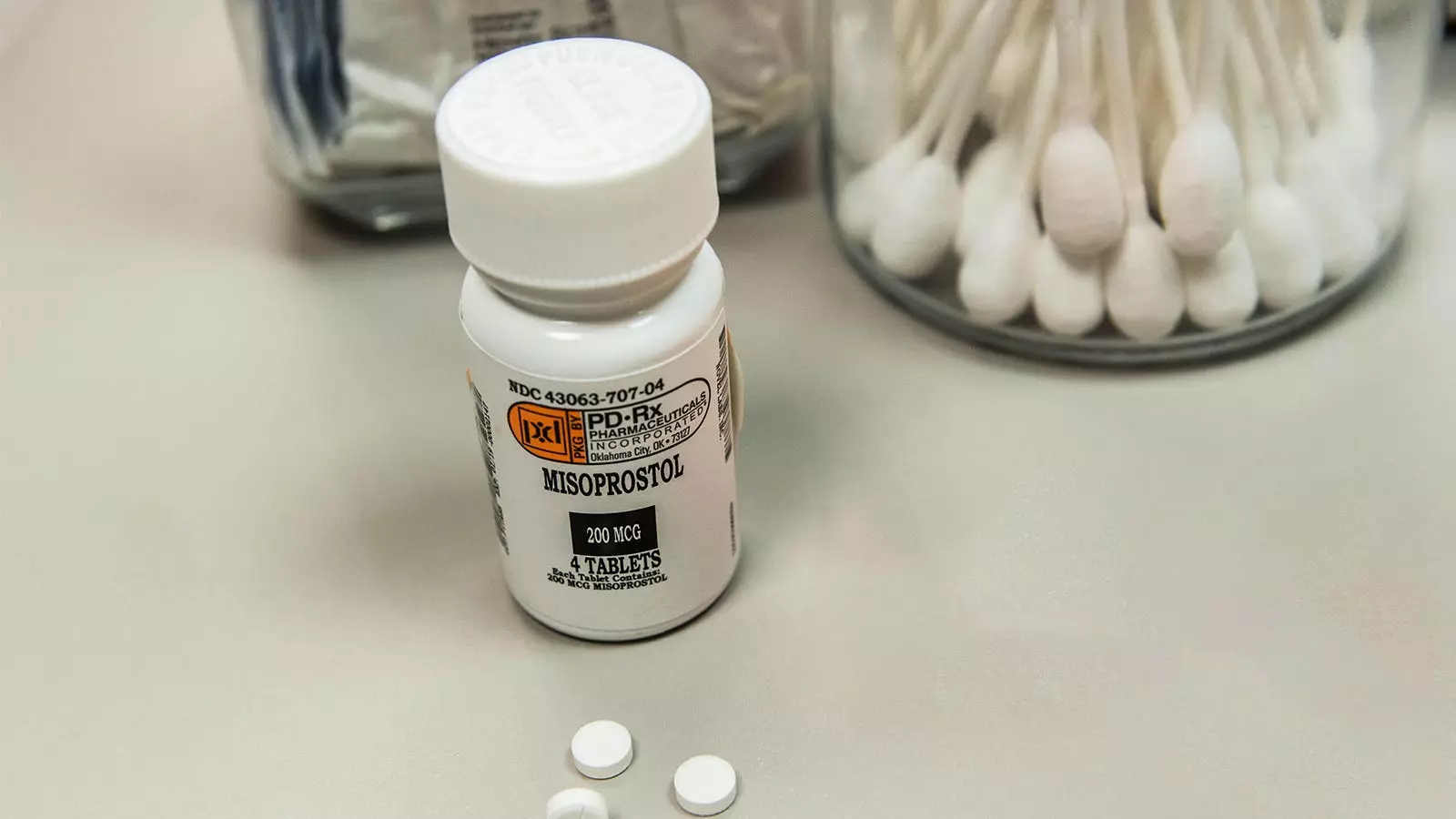In recent years, there has been growing interest in the use of misoprostol as a safe and effective method for self-managed abortions. A prospective observational cohort study conducted in Nigeria, Argentina, and Southeast Asia explored the use of misoprostol-alone regimens and their effectiveness in inducing abortion. The findings of this study shed light on the acceptability, safety, and efficacy of this approach, providing valuable insights for abortion care providers and policymakers.
The cohort study analyzed data from 637 callers to safe abortion hotlines who used a misoprostol-alone regimen. The results revealed that 98.1% of the participants achieved a complete abortion without the need for any procedural intervention, confirming the high efficacy of misoprostol in self-managed abortions. This finding challenges previous notions about the effectiveness of misoprostol and emphasizes its potential as a highly effective method of abortion care.
One notable aspect of the study was the minimal occurrence of adverse events among the participants. Only six individuals reported potential adverse events, with the majority experiencing bleeding that lasted less than a week. In most cases, pregnancy expulsion occurred within 24 hours of starting the abortion process. Common side effects included nausea, fever, and diarrhea. These findings highlight the importance of providing individuals with comprehensive information about what to expect during the abortion process to ensure their preparedness and overall experience.
Although some participants sought additional medical care, the primary reason was not due to complications but rather to confirm abortion completion or address concerns about symptoms. This finding demonstrates the acceptability and satisfaction of individuals who opted for a misoprostol-alone regimen. It emphasizes the need for healthcare providers to create a supportive environment that respects individuals’ autonomy and ensures a seamless abortion experience.
The study’s implications extend beyond the effectiveness and safety of misoprostol alone. The findings suggest that misoprostol-alone regimens provide opportunities for innovative access to abortion care through nontraditional practitioners and pharmacists. As abortion access continues to face legal challenges worldwide, expanding the availability of evidence-based methods like medication abortion can help ensure that individuals can access safe and effective abortions when and where they need them.
It is important to acknowledge the limitations of this study. The data collected relied on self-reports, which may introduce biases or inaccuracies. However, given the legal context in which the study was conducted, self-reported data were necessary to gather information on abortion experiences. Furthermore, previous research has shown that self-reports of abortion are generally accurate, adding credibility to the study’s findings.
The study’s findings provide compelling evidence for the effectiveness and safety of misoprostol-alone regimens in self-managed abortions. With a 98.1% success rate and minimal side effects, misoprostol proves to be a highly viable option for individuals seeking abortion care. This research emphasizes the importance of expanding access to evidence-based methods like misoprostol and creating supportive environments that prioritize individuals’ autonomy and well-being. By embracing innovative approaches, policymakers and healthcare providers can ensure that safe and effective abortion care is accessible to all individuals who need it.


Leave a Reply